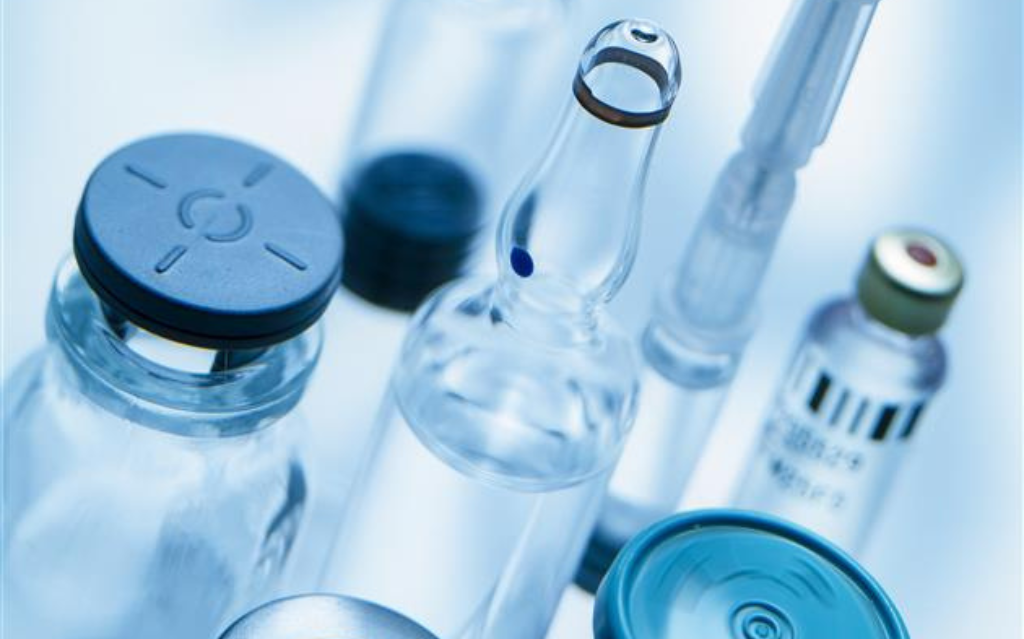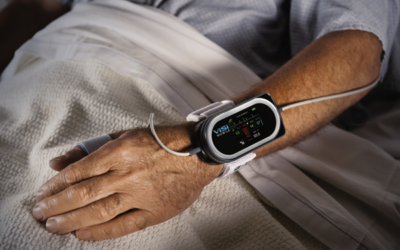
In the pharmaceutical sector, sterilization is an essential step to ensure product safety and compliance with international standards. Although the methods currently used are well-established, they have significant limitations: long cycles, reduced compatibility with temperature-sensitive materials, high operating costs and an increasing impact on the environment and operator health.
These critical issues are driving the industry towards more efficient and automated solutions that meet the needs of modern production and ensure greater flexibility, safety and sustainability.
New frontiers in sterilization: efficiency, control and traceability
Innovation in the field of sterilization not only concerns the technologies used, but also the management of the entire process. Integration with digital systems now allows precise control of cycles, improved traceability and increased operational efficiency.
Automation and digitization of processes
The evolution of SCADA and MES systems has made centralized and intelligent management of sterilization processes possible. These software tools allow data to be automatically collected and stored, reports to be generated for audits or inspections, human errors to be reduced and predictive maintenance or remote diagnostics to be activated. A real advantage for plants aiming for continuous, GMP-compliant production.
Continuous monitoring and advanced sensor technology
Thanks to the use of smart sensors and IoT technologies, it is now possible to monitor critical parameters such as temperature, pressure, sterilizing gas concentration and cycle duration in real time. This approach ensures tight process control and automated documentation of sterilization conditions, a key element in highly regulated environments.
Regulatory compliance and automated validation
Cycle automation also simplifies the validation process according to Good Manufacturing Practices (GMP), providing objective evidence of the repeatability and effectiveness of the treatment. In an industry where traceability and documentary quality are crucial, being able to rely on intelligent systems is a decisive competitive advantage.
Pharmaceutical sterilization is today a field in full evolution: manufacturers are called upon to choose not only effective technologies, but also solutions that guarantee operational continuity, traceability and regulatory compliance. Innovating in this field means protecting patient safety, increasing production efficiency and enhancing competitiveness.


